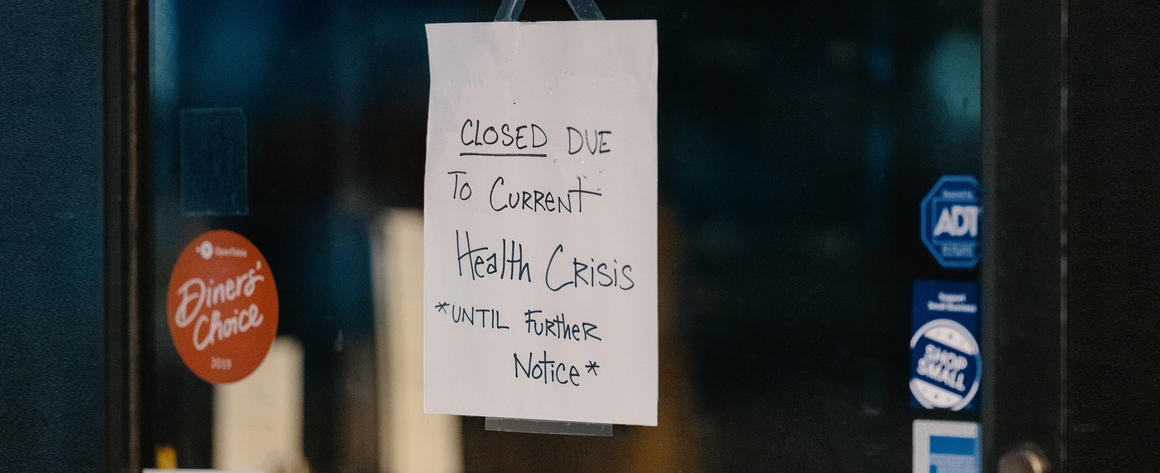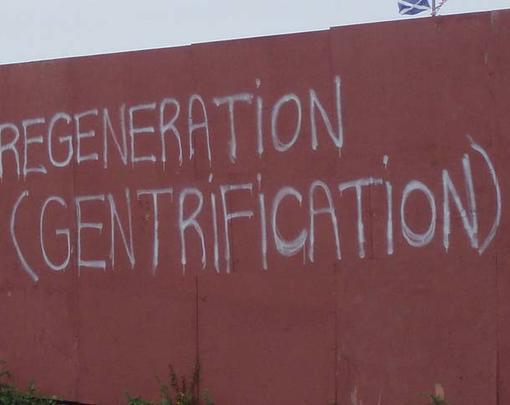Local economies are being decimated in the COVID-19 pandemic. By this point, every community has stories about a business that has closed and won’t re-open and friends and family members who have been laid off. As the economic shutdown continues, large numbers of local businesses face bankruptcy and dissolution.
According to a recent study, 75 percent of small businesses report being unable to cover two months of expenses, while many cannot cover more than two weeks. The federal government’s Paycheck Protection Program, intended to aid small and medium enterprises, is proving vastly inadequate. For instance, the National Federation of Independent Businesses found that 80 percent of applicants have so far failed to receive funding.
Without financial support, many local businesses will simply disappear, taking with them tens of millions of jobs. Cities would lose their engines of prosperity. Meanwhile, FTC Commissioner Rohit Chopra recently warned, “vulture investors, especially in private equity, are waiting in the wings to scoop up scores of struggling businesses on the cheap.” Not far behind will be corporate acquirers. In either case, the likely result will be asset stripping, job losses, and a massive shift in ownership upwards, supercharging already high levels of wealth and income inequality.
However, there may be a way to save local businesses at scale, while also creating a more equitable and democratic economy out of the ashes of the old. States and cities could establish public holding companies that invest and acquire an ownership interest in distressed businesses. These Local Economy Preservation Funds (LEPF), as we have dubbed them, could then exit their investments in ways that build a more democratic economy when the recovery begins.
Read the full article in Next City »





